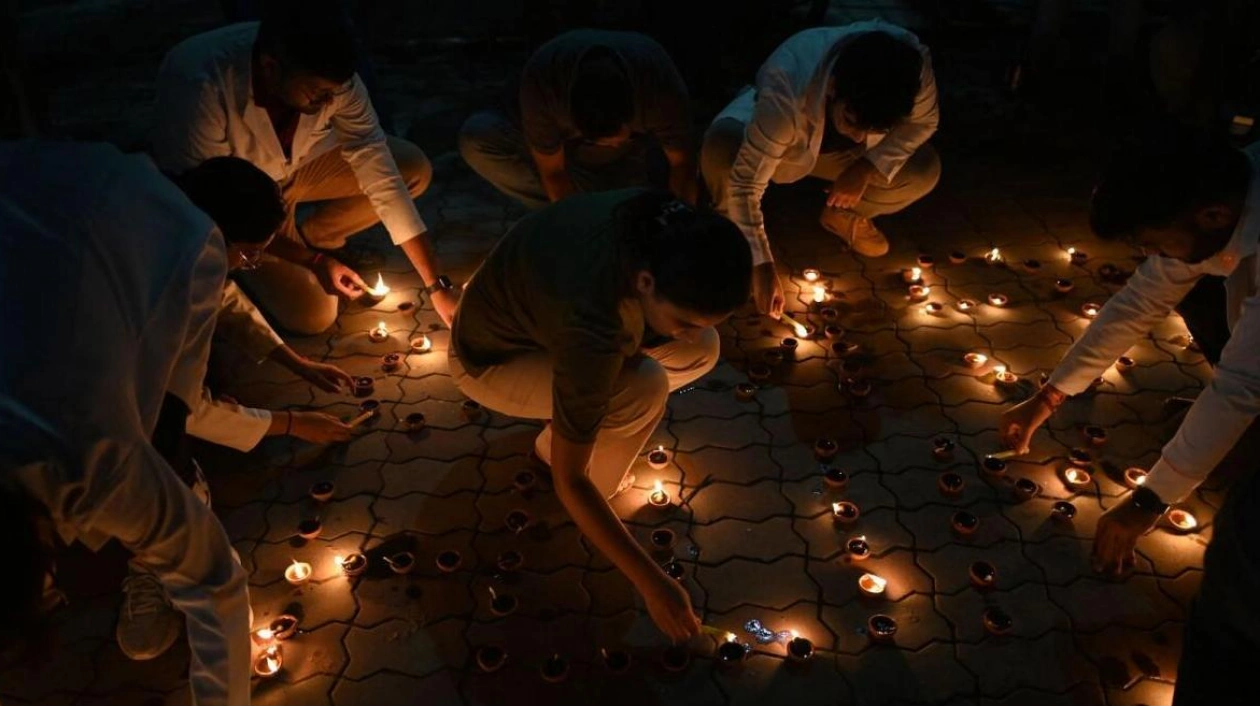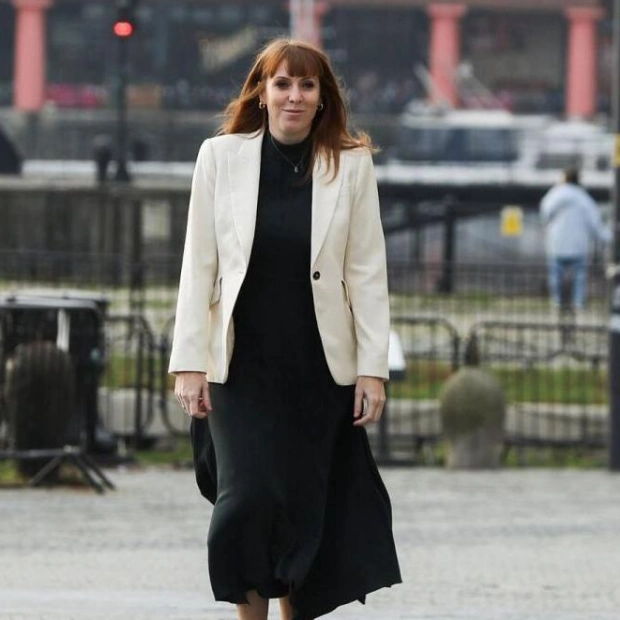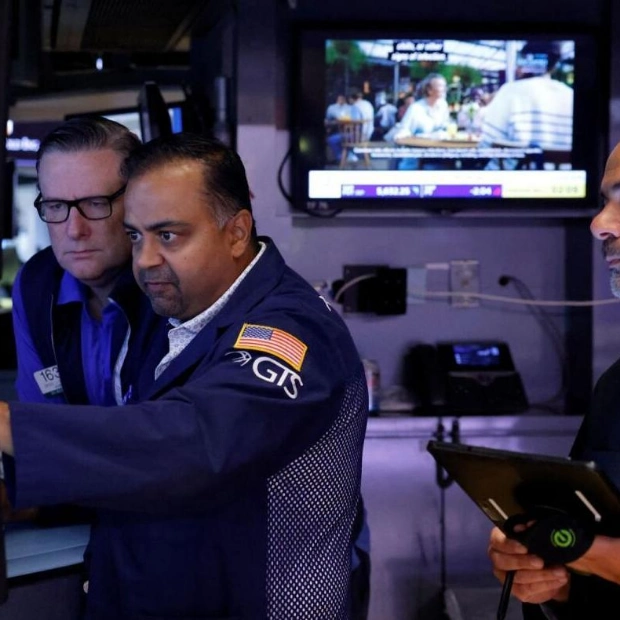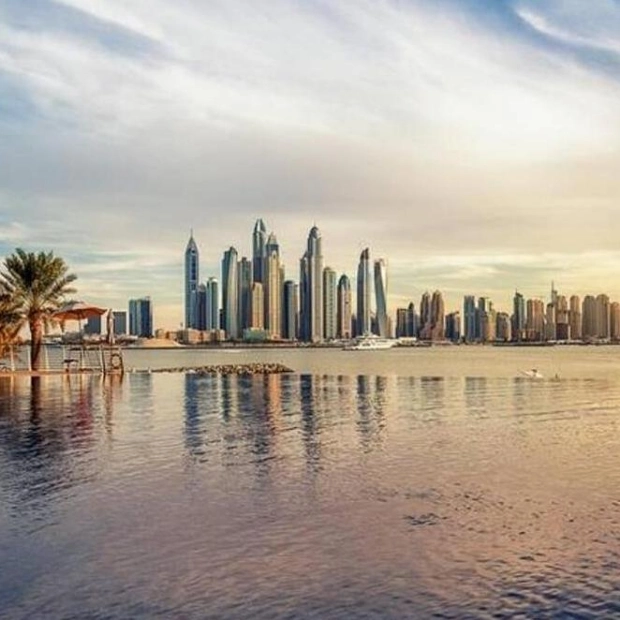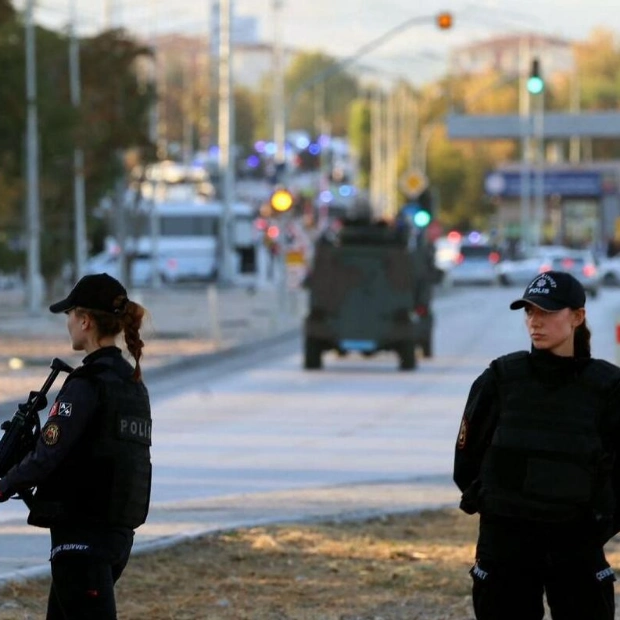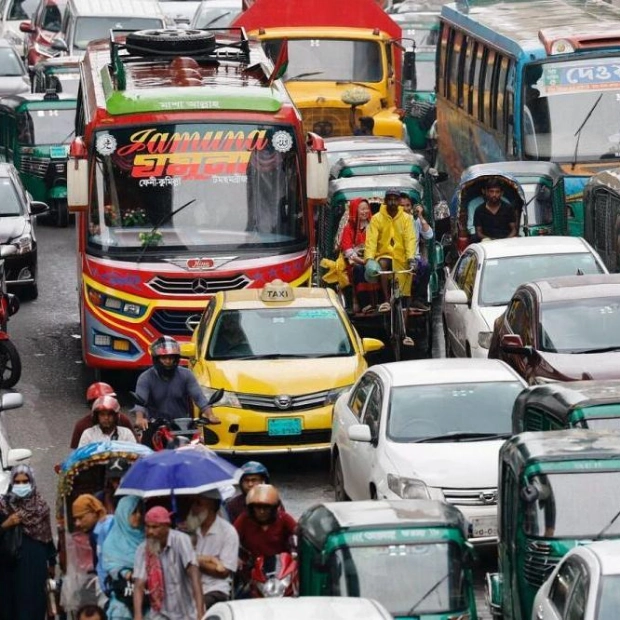Large crowds of Indians carrying candles marched through the streets of Kolkata early Thursday, calling for justice nearly a month after the rape and murder of a doctor. The discovery of the 31-year-old doctor's bloodied body at a state-run hospital in Kolkata on August 9 has ignited nationwide outrage over the persistent issue of violence against women.
"We want justice," read one message spelled out in flickering candles and clay lamps. "Let there be light, let there be justice," a sign held by protesters declared. The heinous murder has sparked protests across India and repeated strikes by medical professionals, demanding safer conditions for women. While many protests and strikes have subsided elsewhere in India, regular demonstrations continue in the sprawling megacity of Kolkata.
Police reported that up to 100,000 people participated in the rally in Kolkata. Similar but smaller rallies were also held in the capital, New Delhi. "The heart of the entire nation is torn," said protester Rubina Mukherjee. Thousands gathered late on Wednesday evening, joining hundreds of doctors who are maintaining a strike, linking arms to form a human chain in a protest to "reclaim the night."
Many lights were turned off for an hour, plunging parts of the city into darkness, with protesters bearing flaming torches lighting up the city's night sky like fireflies. "We will take back the night, time and again, until justice is delivered," said 35-year-old housewife Smita Roy. Traffic came to a standstill in Kolkata's usually bustling main city streets, as women blocked the route with a mass sit-in, waving a sea of Indian flags.
At times, crowds shouted in anger, chanting "We Want Justice." But they also paused in quiet reflection as the candles were lit, before softly singing. The father of the murdered doctor also spoke at the rally outside the hospital where her battered body had been found, discussing his family's "broken hearts" and how they had been "shocked to the core" by the killing.
Demonstrators have given the murdered doctor the nickname "Abhaya," meaning "fearless." One man has been detained for the murder, but West Bengal's government has faced public criticism for the handling of the investigation. The father spoke with fury about the "so much pressure" his family faced to rapidly cremate her body. "We wanted to keep her body... What was the hurry to cremate her? Mystery shrouds her death," he said.
He also dismissed a state law passed on Tuesday — that could lead to the execution of rapists — as nothing "but a populist sham." The protests were largely peaceful, although in some places, small scuffles broke out between the protesters and supporters of West Bengal state's ruling party, the All India Trinamool Congress (AITC).
"Justice delayed is justice denied," said schoolteacher Parbati Roy, 54, holding a candle. "We are wanting to shed light on the investigation into the rape of the murder of the junior doctor." India's Supreme Court has ordered a national task force to examine how to bolster security for health care workers, stating that the "horrific" killing had "shocked the conscience of the nation."
The gruesome nature of the attack has drawn comparisons with the horrific 2012 gang rape and murder of a young woman on a Delhi bus. It became a major political issue and was seen as one factor in the ruling Bharatiya Janata Party's (BJP) subsequent success in elections. An average of nearly 90 rapes a day were reported in 2022 in the country of 1.4 billion people.
